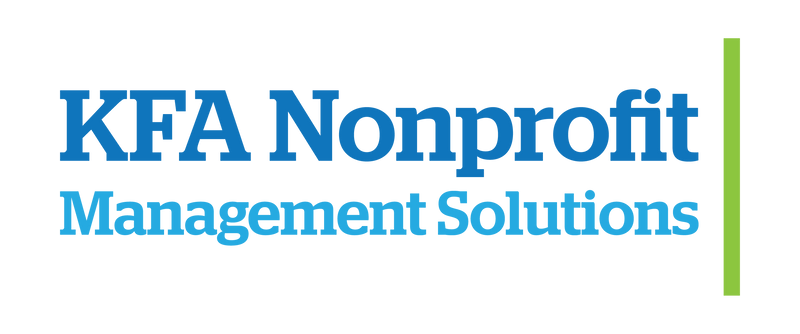I am currently having a lot of fun doing a consultancy for a great community college. My 11 years at UNC Asheville are very beneficial – college campuses share a lot of the same politics and challenges.
Recently the VP of the college foundation started to fret over the “case item” for her annual fund appeal – what would they use the money for? She has two major gift projects and couldn’t pick which one to use. I reminded her of the 5 ways of raising money:
1. Annual Fund/Special Events
2. Major Gifts/grants/campaigns
3. Endowment
4. Planned Giving
5. Earned income
We all need to keep all 5 in mind. One charity will have a great thrift store (number 5) while another will have a wonderful scholarship program (number 3). Most everyone should have the first two, but sadly, almost no charities do planned giving very well. When the Baby Boomers age out of their giving, Generation X is only 50% as large, and that means planned giving needs to be used to cover the gap.
For the Annual Fund, we need to find items that keep the charity going or provide the core mission directives that everyone can understand. In this case, many of today’s community college students need not only scholarship aid, but also emergency living expenses - such as paying an electric bill. Telling a good student story is her best way to engage her donors, not trying to put the finishing touches on a capital building project. So she will use that fund, which needs big-time augmentation, as her focus for her annual gift appeal.
If we are able to keep the 5 ways in mind constantly, we can seize opportunities quicker. Each of the first four are traditional fundraising, and we need to slot every opportunity correctly when each arises. As for this particular case, always remember that annual fund revenues are generally unrestricted, and major gift revenues are almost always restricted.
You need to raise money, but you need to do it effectively. Write down the list of the 5 ways and keep it by your office land line phone (you do still have one, don’t you???) It will help keep you focused and efficient.
Alex Comfort, CFRE
